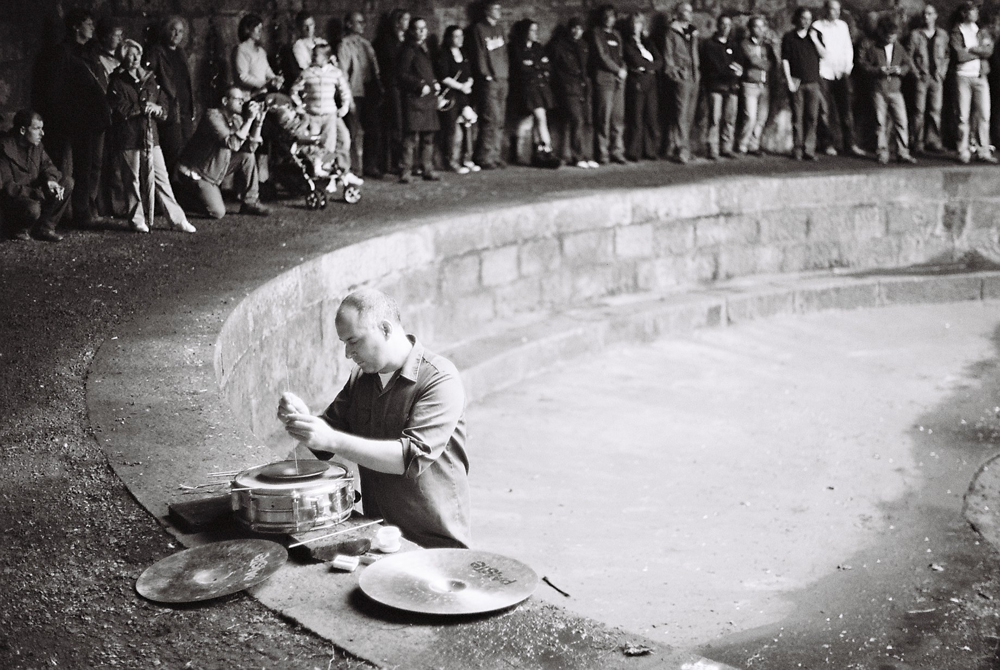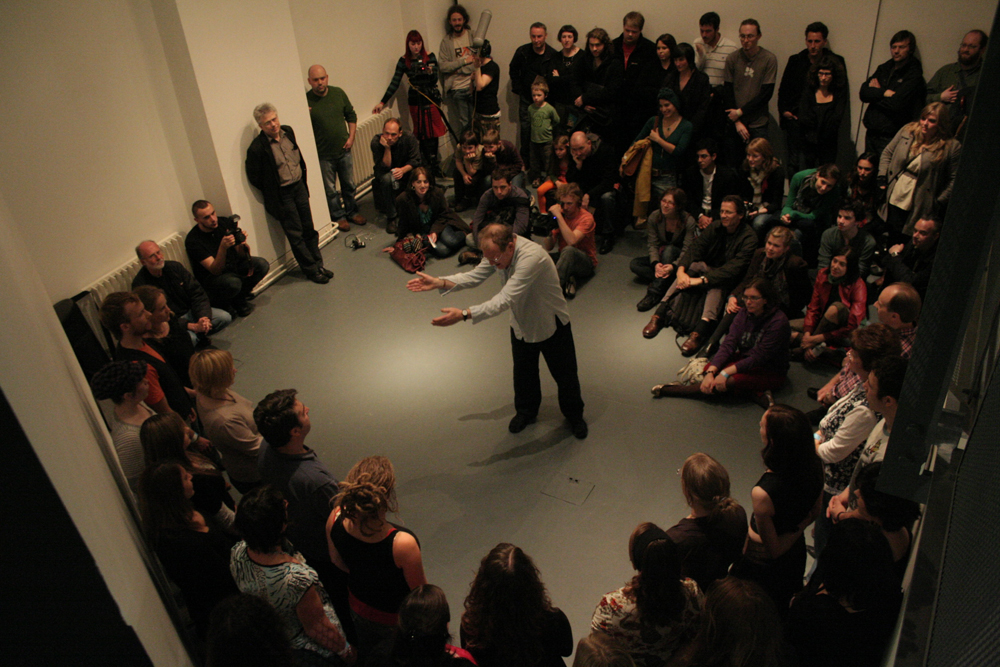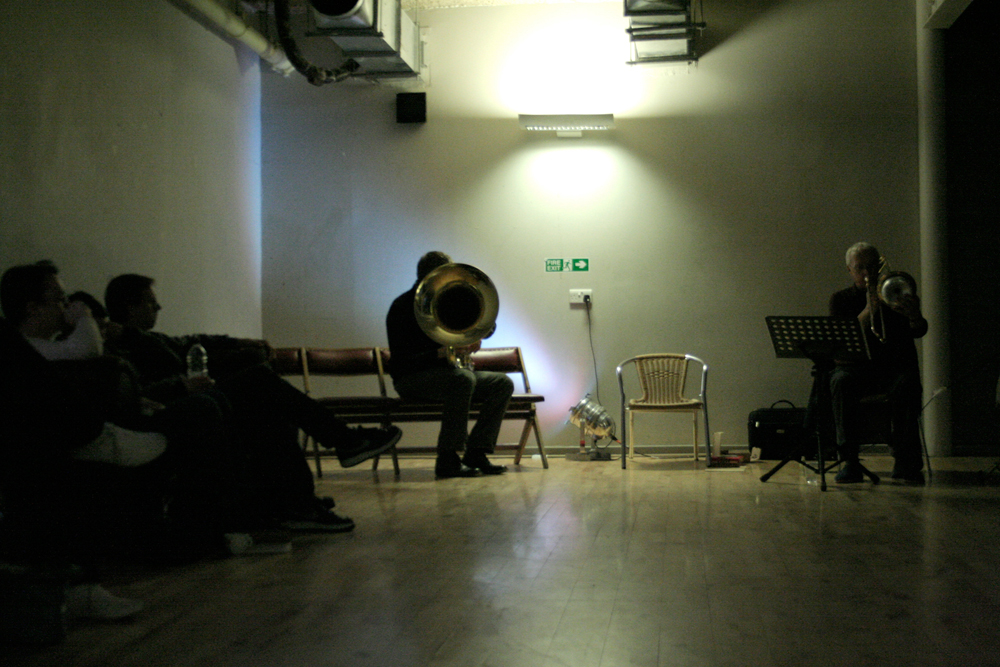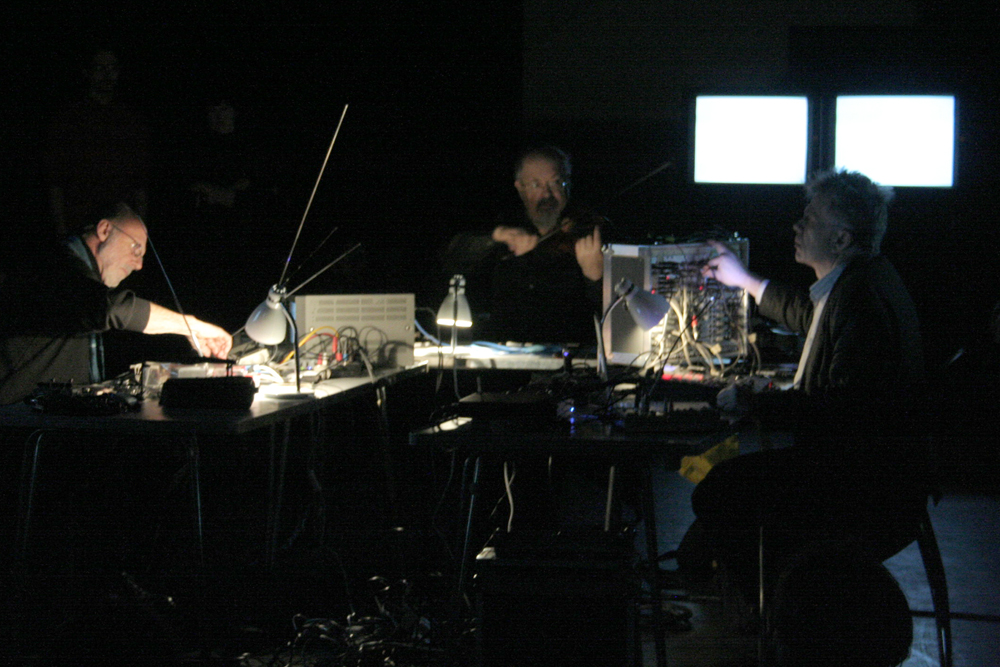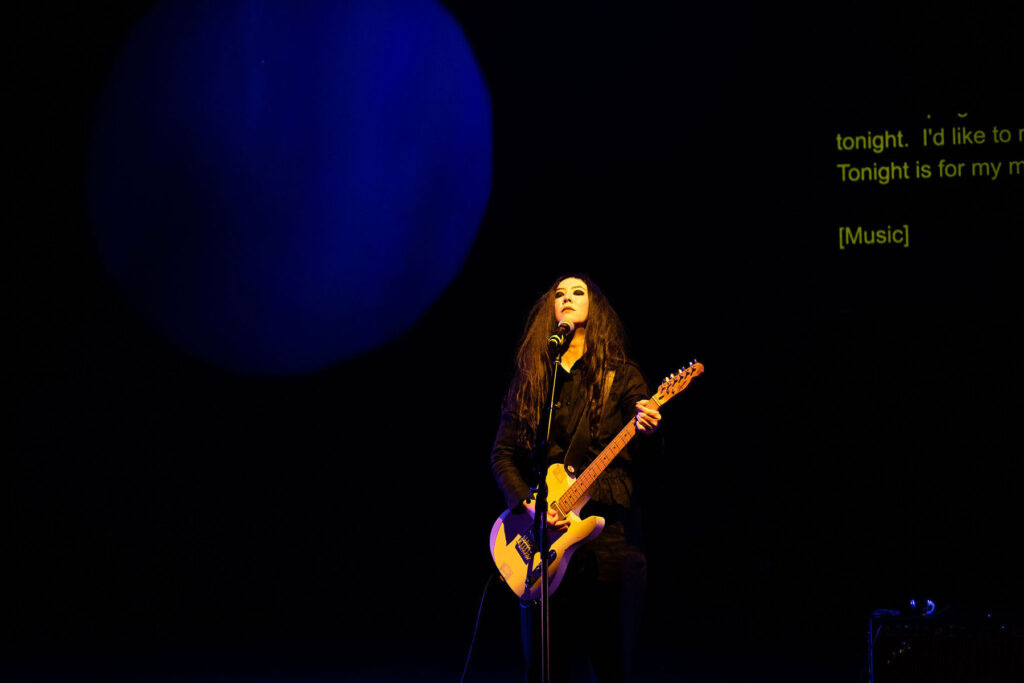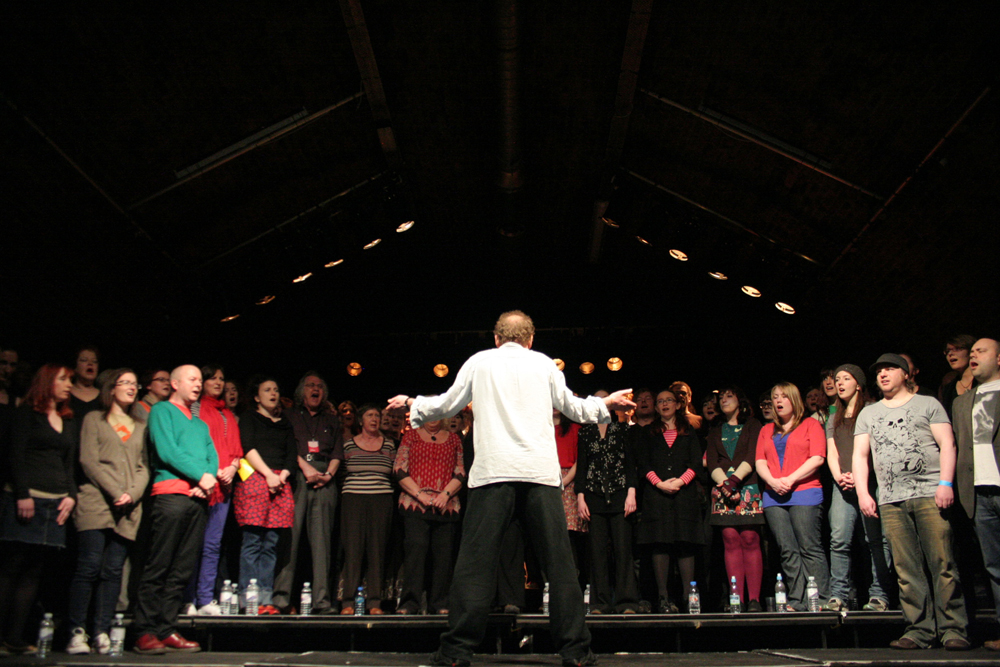
The Master’s Tools Will Never Dismantle the Master’s House: Abolitionist Feminist Futures
Akwugo Emejulu Gail Lewis Hortense J. Spillers Miss Major Zoé Samudzi
A panel exploring how to dismantle the master’s house — its material edifices and ideological architecture — and the construction of abolitionist futures in the present.



